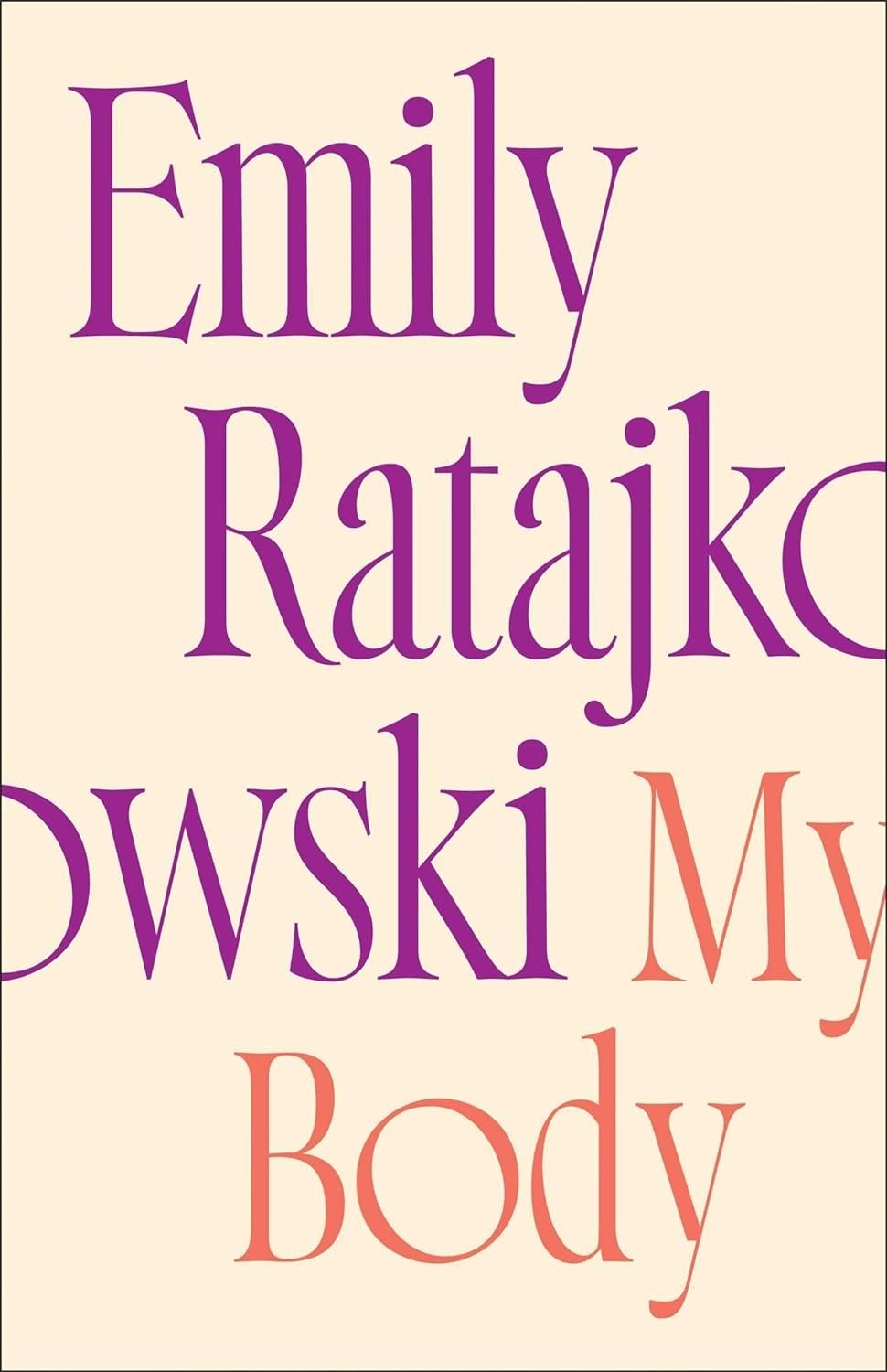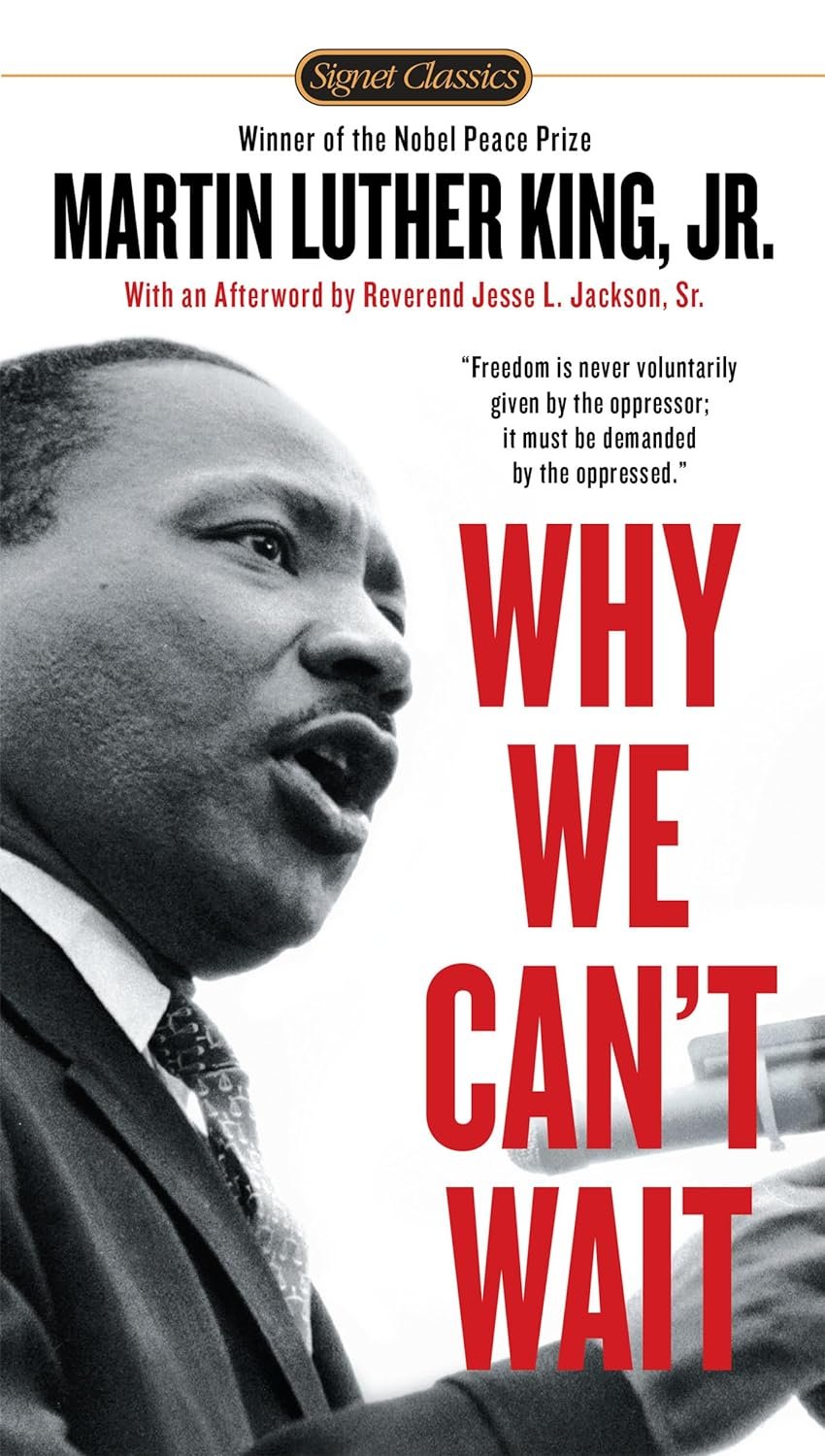 Image 1 of
Image 1 of


The Communist Manifesto and Other Writings
Great condition, paperback
Largely ignored when it was first published in 1848, Karl Marx and Friedrich Engels’s The Communist Manifesto has become one of the most widely read and discussed social and political testaments ever written. Its ideas and concepts have not only become part of the intellectual landscape of Western civilization: They form the basis for a movement that has, for better or worse, radically changed the world.
Addressed to the common worker, the Manifesto argues that history is a record of class struggle between the bourgeoisie, or owners, and the proletariat, or workers. In order to succeed, the bourgeoisie must constantly build larger cities, promote new products, and secure cheaper commodities, while eliminating large numbers of workers in order to increase profits without increasing production—a scenario that is perhaps even more prevalent today than in 1848. Calling upon the workers of the world to unite, the Manifesto announces a plan for overthrowing the bourgeoisie and empowering the proletariat.
This volume also includes Marx’s The Eighteenth Brumaire of Louis Bonaparte (1852), one of the most brilliant works ever written on the philosophy of history, and Theses on Feuerbach (1845), Marx’s personal notes about new forms of social relations and education.
Communist Manifesto translated by Samuel Moore, revised and edited by Friedrich Engels.
Great condition, paperback
Largely ignored when it was first published in 1848, Karl Marx and Friedrich Engels’s The Communist Manifesto has become one of the most widely read and discussed social and political testaments ever written. Its ideas and concepts have not only become part of the intellectual landscape of Western civilization: They form the basis for a movement that has, for better or worse, radically changed the world.
Addressed to the common worker, the Manifesto argues that history is a record of class struggle between the bourgeoisie, or owners, and the proletariat, or workers. In order to succeed, the bourgeoisie must constantly build larger cities, promote new products, and secure cheaper commodities, while eliminating large numbers of workers in order to increase profits without increasing production—a scenario that is perhaps even more prevalent today than in 1848. Calling upon the workers of the world to unite, the Manifesto announces a plan for overthrowing the bourgeoisie and empowering the proletariat.
This volume also includes Marx’s The Eighteenth Brumaire of Louis Bonaparte (1852), one of the most brilliant works ever written on the philosophy of history, and Theses on Feuerbach (1845), Marx’s personal notes about new forms of social relations and education.
Communist Manifesto translated by Samuel Moore, revised and edited by Friedrich Engels.
Great condition, paperback
Largely ignored when it was first published in 1848, Karl Marx and Friedrich Engels’s The Communist Manifesto has become one of the most widely read and discussed social and political testaments ever written. Its ideas and concepts have not only become part of the intellectual landscape of Western civilization: They form the basis for a movement that has, for better or worse, radically changed the world.
Addressed to the common worker, the Manifesto argues that history is a record of class struggle between the bourgeoisie, or owners, and the proletariat, or workers. In order to succeed, the bourgeoisie must constantly build larger cities, promote new products, and secure cheaper commodities, while eliminating large numbers of workers in order to increase profits without increasing production—a scenario that is perhaps even more prevalent today than in 1848. Calling upon the workers of the world to unite, the Manifesto announces a plan for overthrowing the bourgeoisie and empowering the proletariat.
This volume also includes Marx’s The Eighteenth Brumaire of Louis Bonaparte (1852), one of the most brilliant works ever written on the philosophy of history, and Theses on Feuerbach (1845), Marx’s personal notes about new forms of social relations and education.
Communist Manifesto translated by Samuel Moore, revised and edited by Friedrich Engels.





